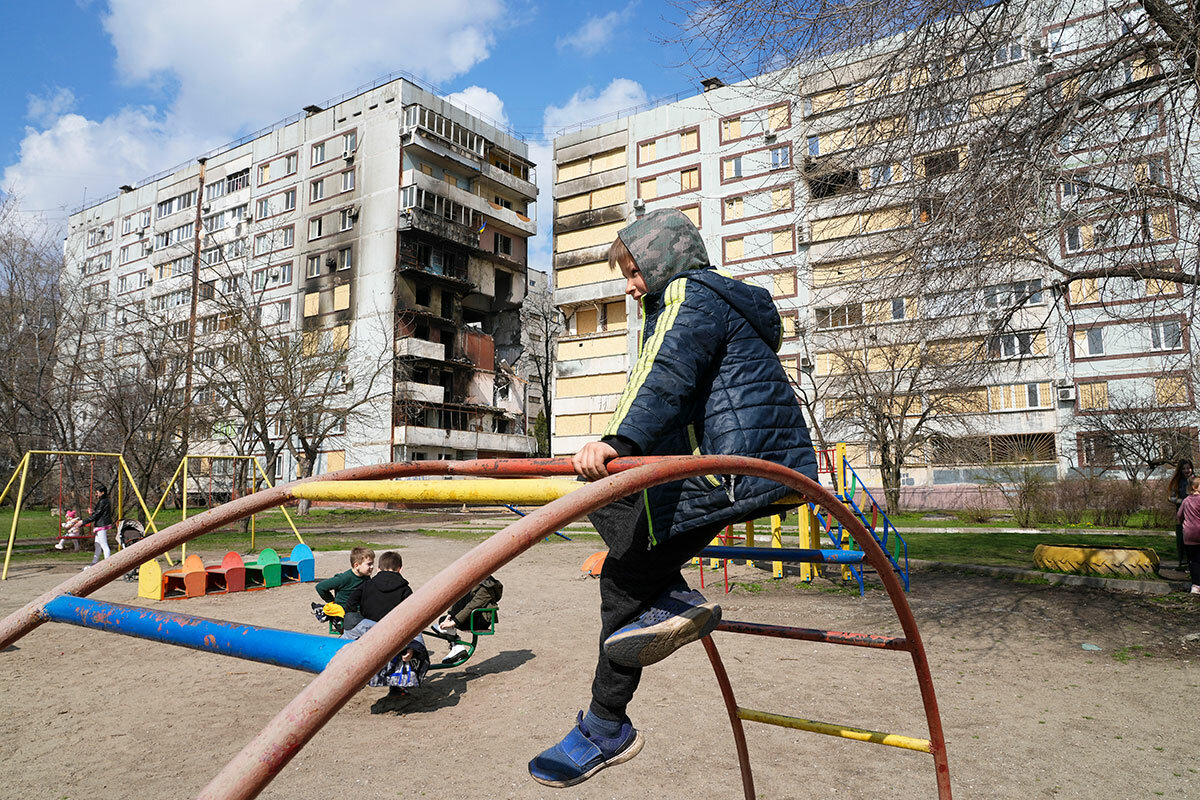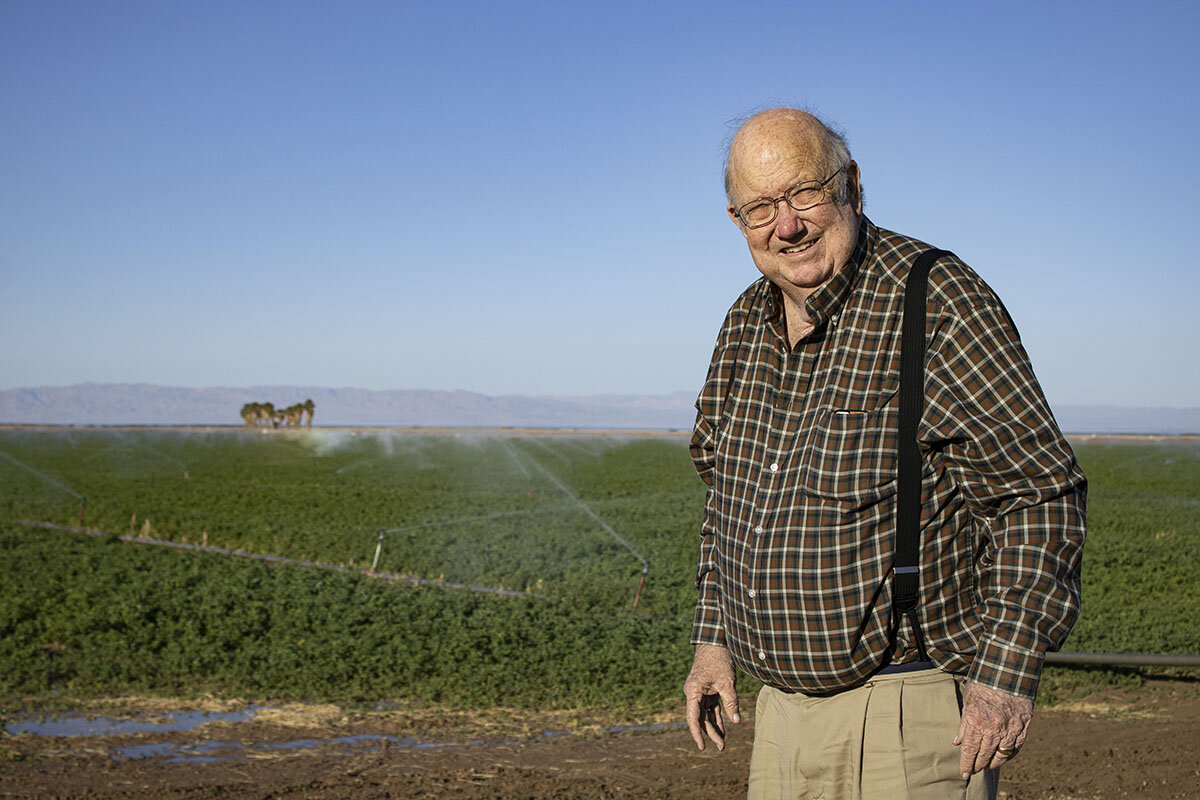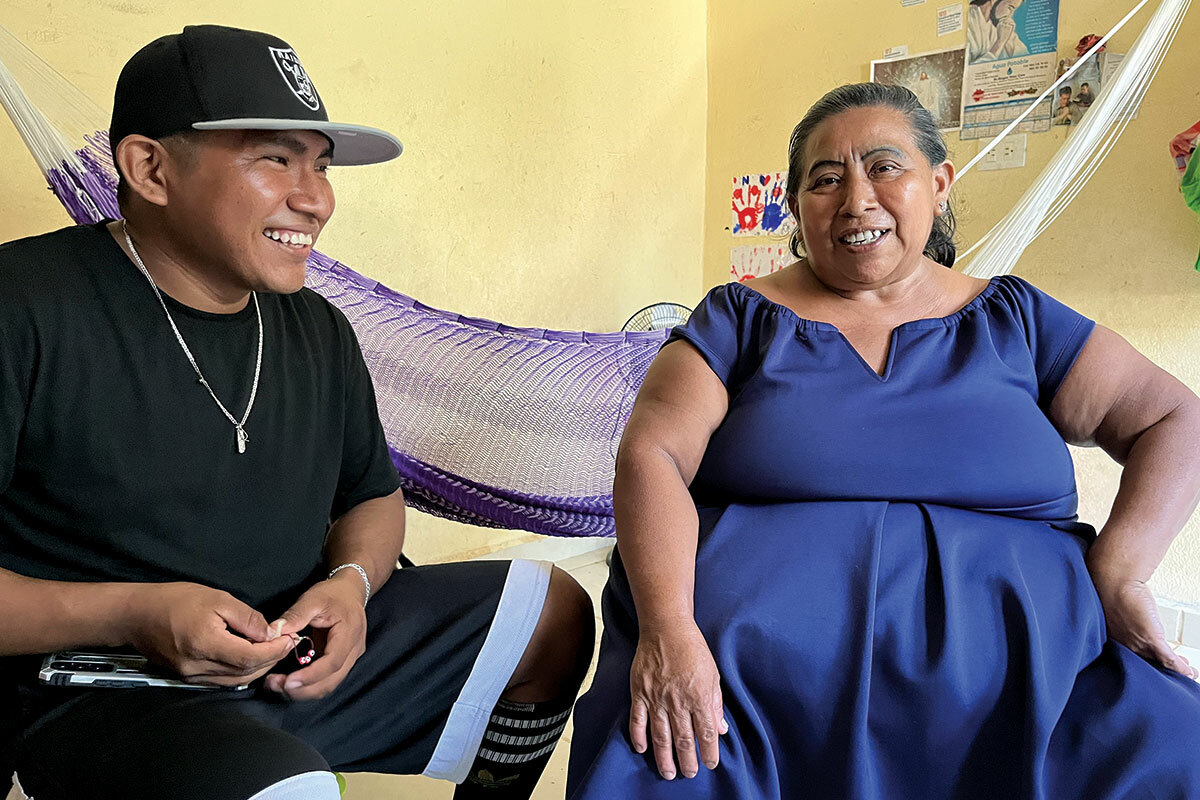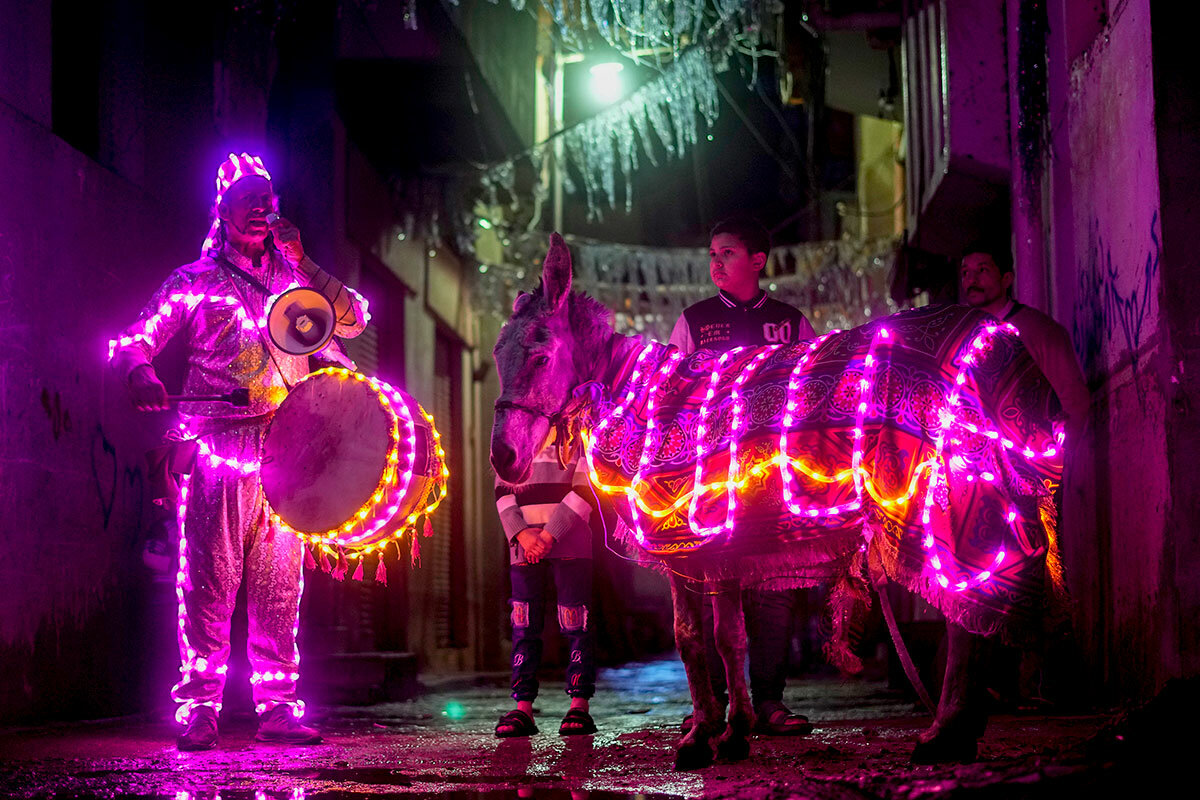In Ukraine, remembering does more than honor those lost in the war. It charts a path forward to a future free of Russia.
Monitor Daily Podcast
- Follow us:
- Apple Podcasts
- Spotify
- RSS Feed
- Download
 Noelle Swan
Noelle Swan
Covering the war in Ukraine is more than an assignment for Martin Kuz. It’s a “full investment of head and heart,” says the Monitor special contributor.
Although there wasn’t much talk about Ukraine when Martin was growing up, he remembers his Ukrainian father, who died in 2015, feeling obligated to help the world understand that Ukraine was not Russia.
Politically speaking, Ukraine gained independence from the Soviet Union in 1991. “But independence is not just a political construct,” Martin says. “It’s what’s within the heart. And within the heart of the Ukrainian people is this deep desire to live free, same as my father. And so there’s a connection between the current struggle and what I understand about my father’s own journey – and then extending back to earlier history.”
In our lead story today, Martin explores the role of historical remembrance. The Ukrainian people have, in essence, been battling Russia for centuries.
“This trauma is like a terrible national heirloom. But it also explains the strength of the Ukrainians,” Martin says. “They’re bound by this idea of collective memory.”
Every Ukrainian citizen is fighting to shape how this war will be remembered, he says. These battles are waged both publicly and privately as individuals and communities process the horrors that they are living through.
For this story, Martin spoke with a psychologist who advises residents who have endured loss to establish new routines to break free from triggers of their sorrow. Beyond the immediate coping strategy, that advice also “allows for a kind of a shard of sunlight to fall upon Ukraine and a recognition that there will be a brighter day,” Martin says.
In that sense, he sees potential for Ukraine to find a kind of positive transformation known as post-traumatic growth on the other side of this war.
“That doesn’t mean trauma magically dissipates,” Martin says. “It means that you recognize that you can overcome things beyond what you ever imagined ... and that will allow you to have that brighter future.”










